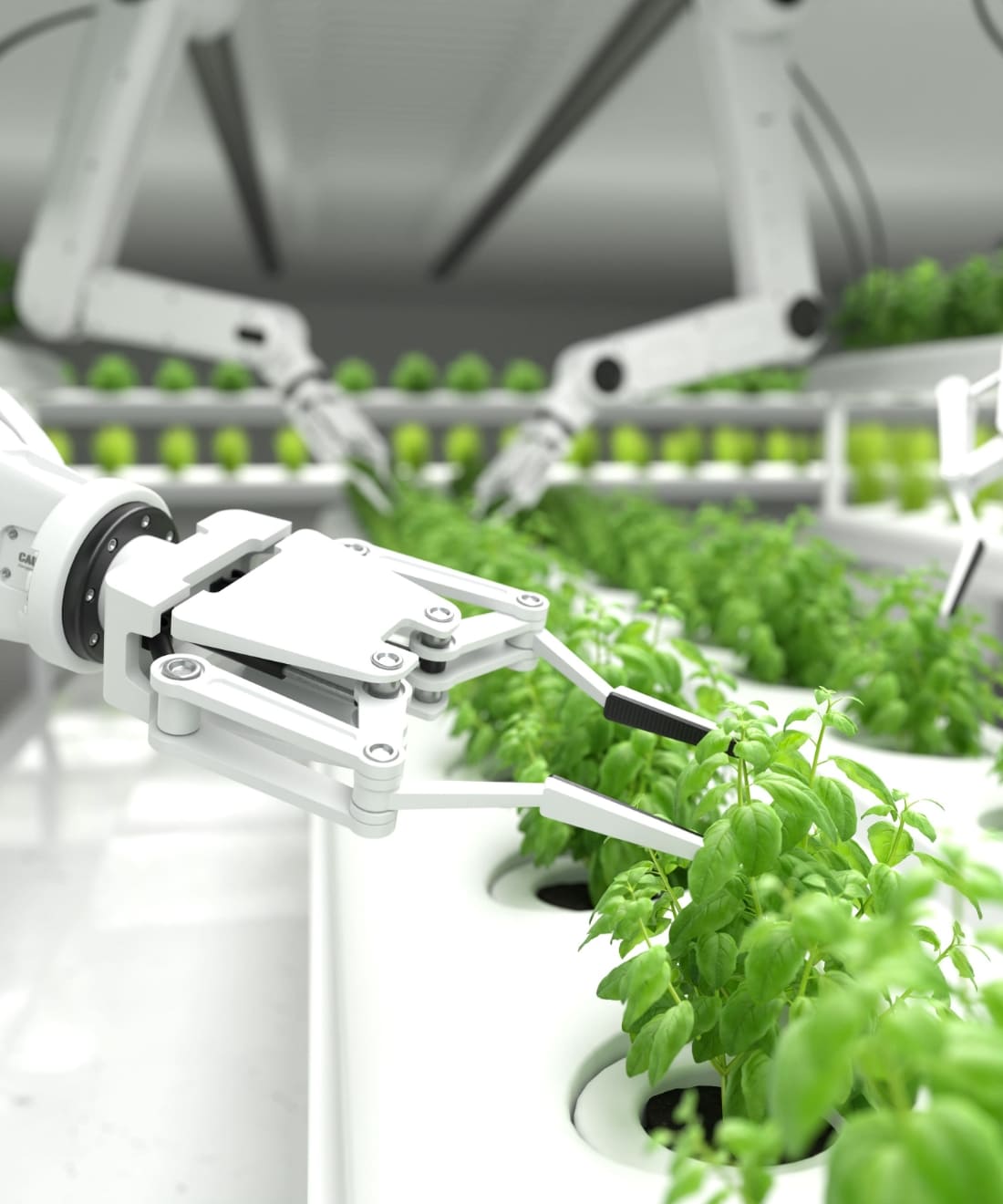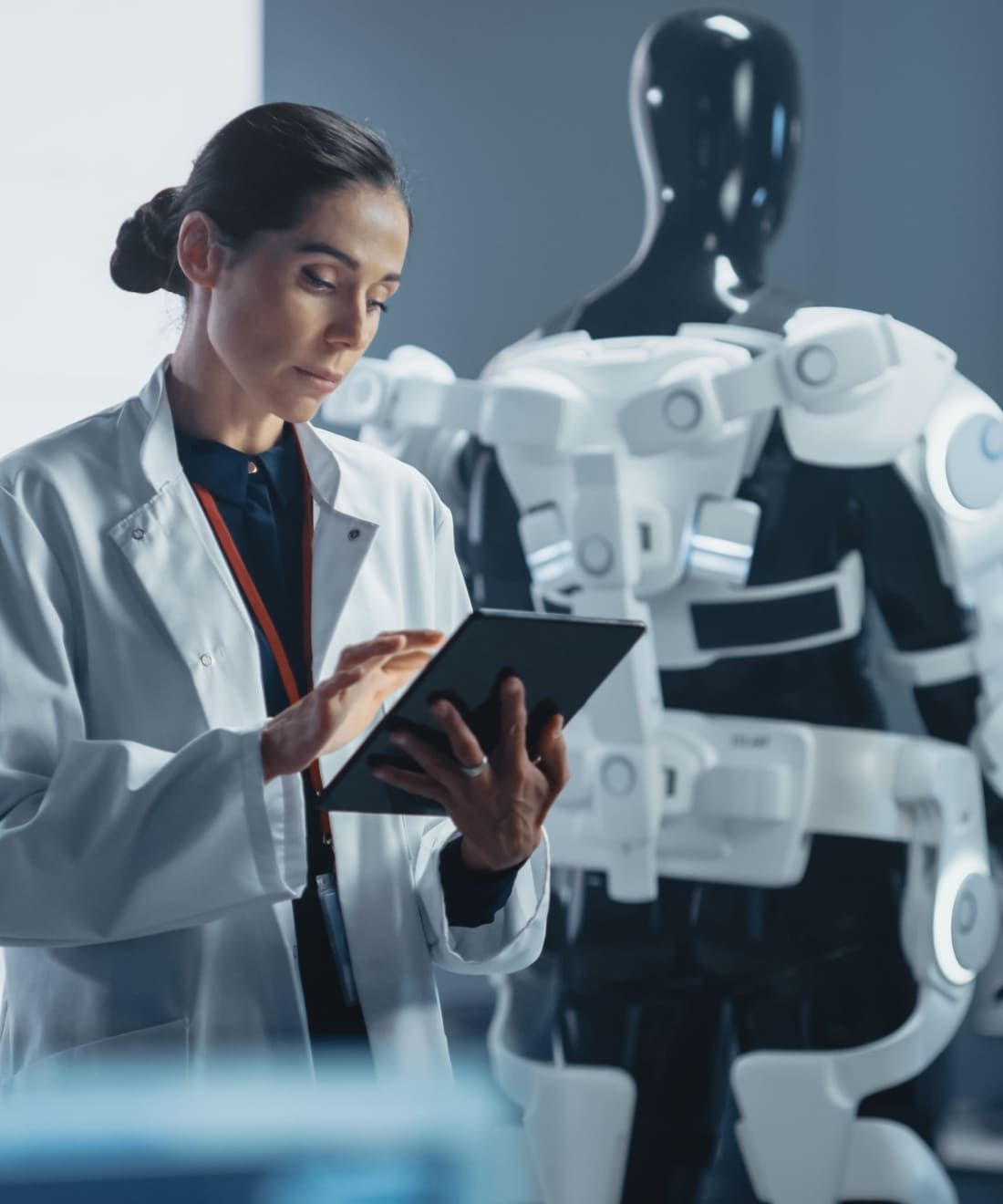

Is AI merely a tool for progress, or could it evolve into something more disruptive, potentially threatening humanity?

AI IMPACT
Artificial intelligence has woven itself into the fabric of modern life, from virtual assistants to complex algorithms powering industries. Yet, while AI promises efficiency and innovation, it's also sparking intense debate about its broader impact on society. A recent report from the World Economic Forum predicts that by 2025, 85 million jobs may be displaced, while 97 million new roles will emerge, emphasising the urgent need for reskilling.
In this insight, we'll explore the real nature of AI, its risks, and its potential societal impacts.


MYTHS & RISKS
AI isn’t "intelligent" in the way humans are, it follows data and algorithms, not consciousness or free will. However, concerns arise as people fear AI could take all of our jobs. This fear is valid, but not because AI will "wake up”. Rather, AI automation optimises tasks that once required human intervention, reshaping jobs in the process. Just as ATMs didn’t replace bank tellers but created new opportunities, AI will transform the workforce, reducing the need for certain roles, like truck drivers and cashiers, while creating new ones in maintenance, engineering, marketing, and customer service.
At the same time, AI may also amplify individual power, potentially leading to misuse, such as developing AI software to control technologies, including robots, in dangerous ways. This not only lowers the cost of destructive actions but also increases the anonymity of perpetrators, making it harder for authorities to trace or prevent attacks. Moreover, as AI systems become more sophisticated, they could be exploited to manipulate public opinion or financial markets, further destabilising societies and complicating law enforcement and regulatory efforts. These risks highlight the urgent need for comprehensive governance and ethical frameworks to prevent malicious use and safeguard against unintended consequences.
Additionally, AI may deepen social divides. Wealthier individuals, corporations, or nations may gain access to more advanced AI systems, enhancing their physical and mental abilities, which could exacerbate inequalities and create a new divide between those with access to "super AI" and those without. In the cognitive realm, AI-powered tools can augment decision-making and learning, giving those with access a strategic advantage in education, business, and innovation. This may create a scenario where the economic and educational gap between those with advanced AI tools and those without grows wider, leading to a “two-tier society”. The disparity may also extend globally, with wealthier countries adopting AI faster, thus increasing the digital divide.

While supervised learning drives most of today’s AI solutions, unsupervised learning holds tremendous potential, as it can process vast amounts of data without the need for labelled datasets. As advancements in AI and robotics converge, they promise to revolutionise industries by enhancing automation and decision-making capabilities.
To prepare for this AI-driven future, educational reforms and skills training are essential, as traditional college programs may struggle to keep pace with the rapid evolution of technology. E-learning platforms are emerging as practical alternatives for individuals seeking high-tech, AI-related careers.
In the business realm, AI can be an efficient tool to streamline operations, boost productivity by automating routine tasks, providing valuable insights through data analysis, and implementing innovative monitoring tools and smart systems. For example, AI in construction benefits from smart building systems and virtual design assistants, which are transforming the way homes are designed and built. AI-driven software in the construction industry can now optimise schedules, reduce material waste, and predict potential structural issues before they arise. In addition, virtual assistants like Amazon Alexa or Google Home are integrated into smart homes, allowing homeowners to control everything from lighting to security systems through voice commands.
Beyond construction, AI is helping companies in industries like finance, agriculture, healthcare, manufacturing, and retail automate data-driven decision-making, enhance risk management, personalise marketing strategies, and streamline operations. However, before implementing AI solutions in business, it is vital to conduct thorough market research to understand the specific needs, challenges, and opportunities within the industry. This ensures that AI is integrated effectively and tailored to address industry-specific demands.
AI’s future remains uncertain, but one thing is clear: it will create opportunities, eliminate certain jobs and operations, and redefine others.
INSIGHTS

Simple tips and tricks from the Head of Graphic Design to quickly elevate your presentation to a professional level.

How international policies, economic strategies, and technology breakthroughs are shaping the energy industry.
READY TO TALK?
Please fill in the field.
Please fill in the field.
Please fill in the field.
Please fill in the field.
Please fill in the field.